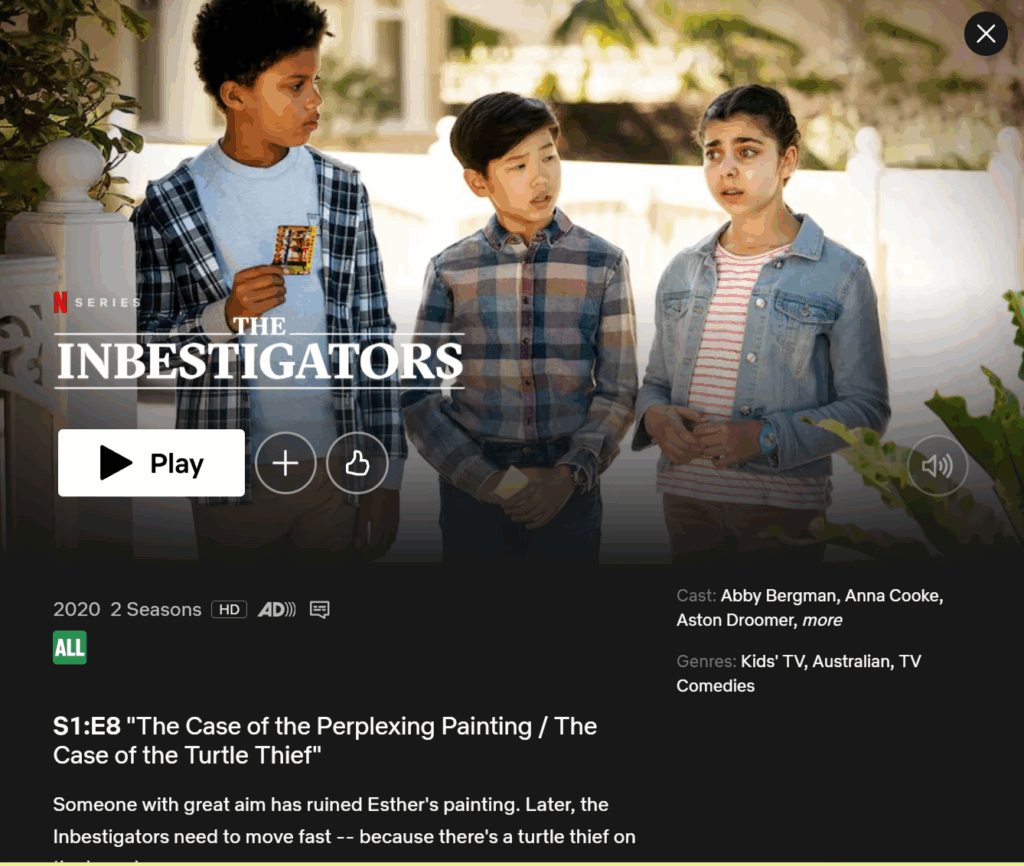Korea Has No Second Language
In Korea, there is no real “second language.”
We all learn English from middle school and high school, and some of us even go through private academies.
But for many of us—including me—English ability just stops growing at some point.
I Thought If I Spoke English Well, My Kids Would Too
My child watches a Netflix show called The InBESTigators.
It’s an Australian kids’ series where elementary school students solve small mysteries at school.
One day, I watched an episode with my child and tried listening without subtitles.

At first, I felt like I could catch some words. But then I lost track.
I realized something:
Even understanding elementary-level English is harder than it looks.
So I decided—it’s time to start over.
Let me build elementary-level English skills—and do it properly.
Language Has Four Core Skills:
Reading, Listening, Writing, Speaking
I decided to practice all four areas, one by one.
Not to become fluent overnight, but to build a strong foundation from the beginning.
📖 Reading – Easy Books First
- Start with very simple English books
- Use Amazon Kindle Unlimited to access beginner-level content
- Focus on children’s chapter books or early readers
- Read daily, and don’t stress about every unknown word
👂 Listening – Netflix and YouTube for Real-Life English
- Watch English content for kids like The InBESTigators
- Start with subtitles, then try turning them off
- Use YouTube for practical phrases and listening practice
✍️ Writing – English Journals and Blog Drafts
- Try writing a short English journal every day
- When writing blog posts, draft in English first
- Don’t worry about perfect grammar—just write something
🗣 Speaking – Maybe With ChatGPT?
- Speaking is still the hardest for me
- But I’m thinking of using ChatGPT as a language partner
- Start simple, no pressure, no embarrassment
🎯 In the End: Back to the Basics
“Elementary English” might sound easy,
but it might actually be more advanced than I thought.
Still, I believe starting from this level is the most practical way forward.
I’m not trying to sound like a native speaker—
I just want to build real, useful English skills from the ground up.
And maybe, if I can speak and enjoy English more,
my kids will naturally do the same.